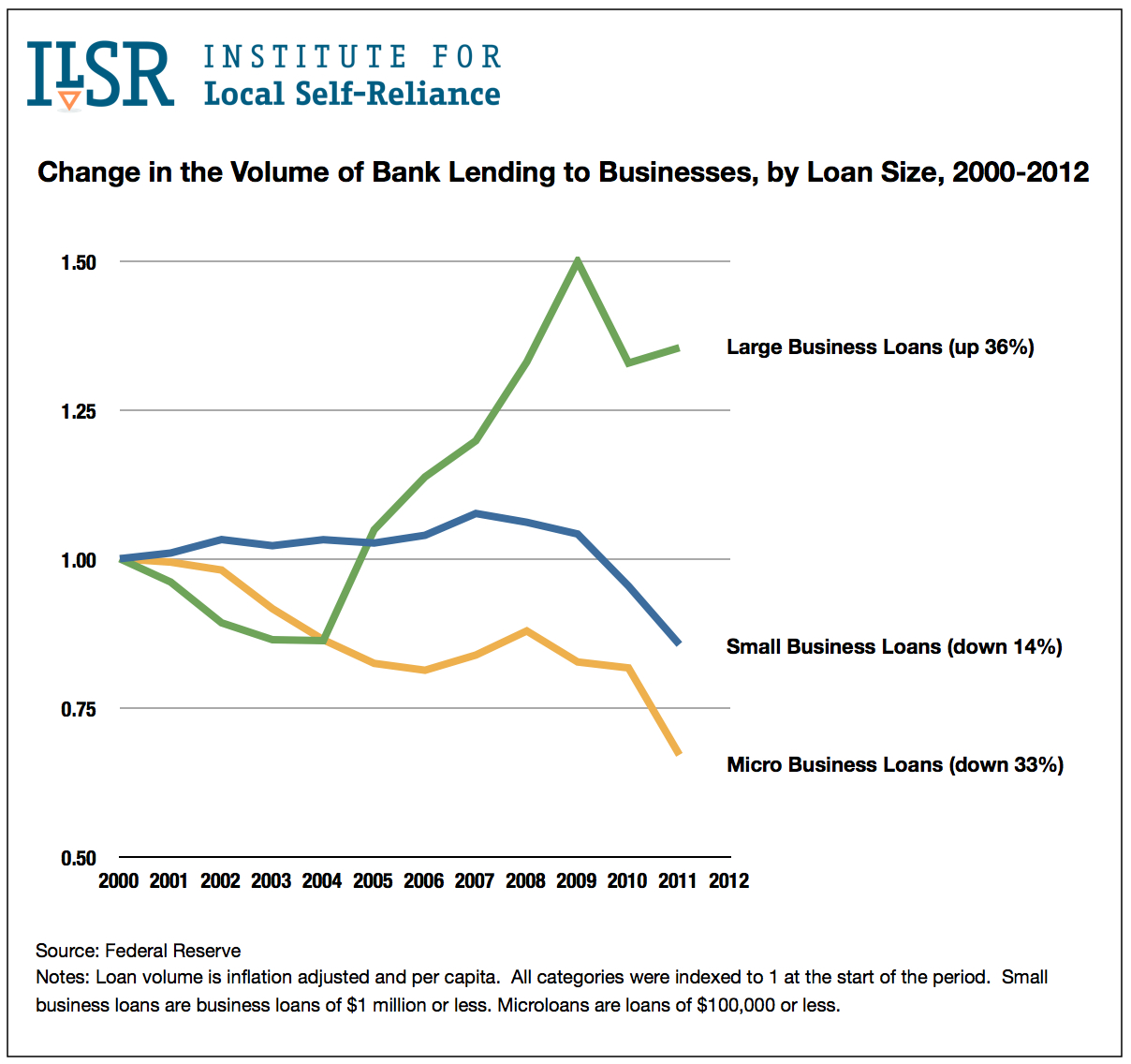Although few cities take full advantage of them, planning and zoning powers are among the most potent tools communities have for shaping their economies. Two recent decisions, in Massachusetts and Wisconsin, underscore why land use planning matters and how smart policies can strengthen the local economy and protect good jobs.
The first was a decision by the Cape Cod Commission to deny Lowe’s a permit to build a store in the town of Dennis. As I wrote in a piece last year (“Here’s One Smart Way to Handle Big-Box Stores“), Cape Cod is one of the few places in the country that embeds economic criteria in its planning policies and requires that large projects (commercial development over 10,000 square feet) win approval from both the host town and a regional planning body, the Cape Cod Commission, which is made up of representatives from each of the Cape’s 15 towns.
Guided by Cape Cod’s Regional Planning Policy, the commission does not limit its review to conventional zoning issues, such as the number of parking spaces or the distance the building is set back from the street. Instead it focuses on how the development would affect Cape Cod’s economy and environment.
After looking closely at the Lowe’s proposal, the Cape Cod Commission concluded that “the probable benefit of the proposed development is not greater than the probable detriment.”
A pivotal issue was the store’s projected impact on jobs and wages. One of the region’s primary planning goals is to increase household income. Lowe’s would have the opposite effect, the commission concluded. In a region already saturated with building supply stores, Lowe’s arrival would cause many existing local businesses to downsize or close. The result would be a net decline of 48 jobs after Lowe’s opened.
Moreover, the new jobs at Lowe’s would pay $9,000 less on average than the jobs lost at local stores, resulting in a total income loss of over $3 million for the region’s residents.
Armed with this kind of analysis, the Cape Cod Commission has approved relatively few big-box stores in its 24-year history. Walmart has only one store in the region. It’s less than half the size of a typical supercenter and located in a building that used to house another department store. Not surprisingly, Cape Cod has significantly more independent businesses per capita than the national average.
Another example of the value of smart planning policy was last month’s unanimous decision by the Green Bay (Wisconsin) City Council to deny Walmart’s petition to build a 154,000-square-foot store in a historic industrial area adjacent to the downtown.
Green Bay has been looking to redevelop this area. In a similar situation, many cities might leap on a 15-acre Walmart store on the theory than anything is better than nothing. But Walmart’s suburban-style store did not fit the vision that residents and city officials had developed through a series of planning exercises. Although not yet fully adopted into the city’s zoning rules, Green Bay’s Smart Growth 2022 Comprehensive Plan and its emerging Downtown Master Plan envisioned the area as an extension of the downtown with “high-intensity office, retail, housing and civic land uses, preferably in mixed use buildings with a strong pedestrian orientation.”
Abandoning this vision would have a long-term economic cost for the city. According to an analysis by city officials, Walmart’s proposed store with its moat of parking would be valued for tax purposes at $634,000 per acre, less than half the $1.4 million per acre the city could expect from dense, mixed used development.
Several city councilors had initially favored Walmart, but the project’s inconsistency with the city’s plans, as well as strong opposition from the mayor and many citizens, led to a unanimous vote in the end.
Interested in changing your city’s planning policies or requiring an economic impact review for large projects as Cape Cod does? Visit the Rules section of the ILSR site for tools and model policies.





